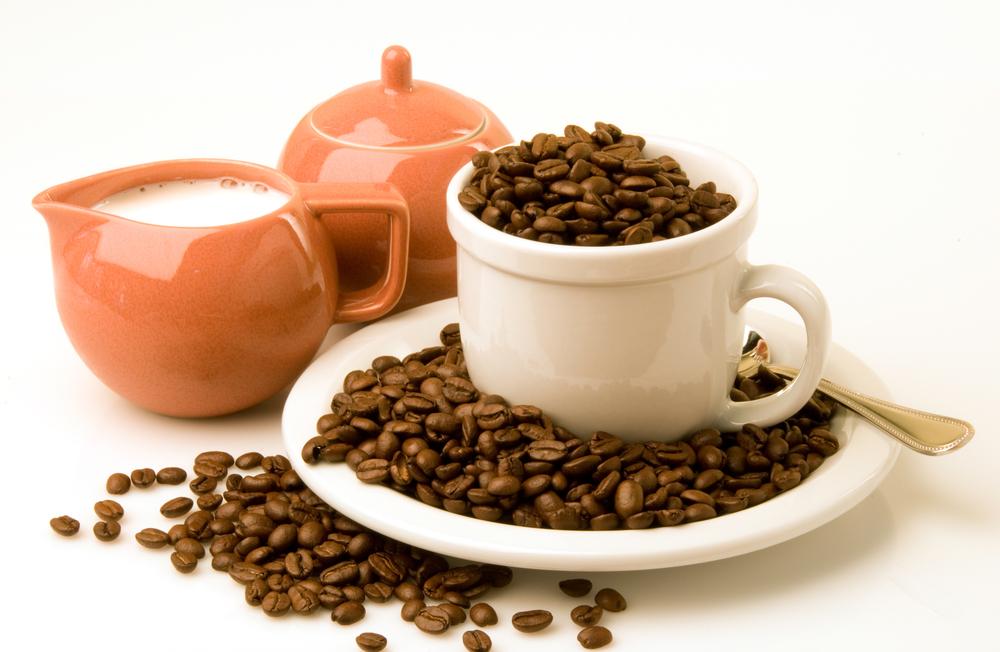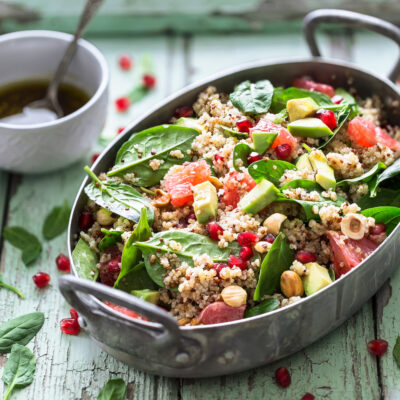
Foods to Avoid to Manage Bipolar Depression
Nutrition is essential for a healthy body and mind. A healthy body and mind fights diseases by developing resistance and responds well to treatment in case of inflammation. While not often the exact cause, an unhealthy diet, on the other hand, is a prime underlying cause of many health issues, and a diet that remains unhealthy in nature often hinders the treatment process for a variety of conditions, including bipolar depression.
A person battling bipolar depression should be very careful to avoid pro-inflammatory foods. Foods with saturated fat do not digest well and build cholesterol in the arteries, and beverages with high alcohol content and caffeine do more harm than good, especially when one is battling bipolar depression or other chronic diseases. This article contains important diet tips for managing bipolar depression and for ensuring the full impact of medications:
1. Alcohol
People might have a misconception that alcohol relaxes the mind, but alcohol abuse has many ill effects. Alcohol causes dehydration and affects the nervous system. It may also cause vomiting, an upset stomach, headache, drowsiness, and breathing difficulties. A diet tip for managing bipolar depression is to avoid alcohol consumption during treatment as it could also interfere with the medications.
2. Caffeine
Caffeine stimulates the brain, causing anxiousness and even sleeplessness. One of the symptoms of depression is insomnia, and caffeine adds to this and intensifies the impact of the condition. One of the most helpful diet tips for managing bipolar depression is to avoid the intake of foods with caffeine to aid the treatment. These foods include coffee, tea, chocolate, frozen yogurt, and ice cream.
3. Tyramine
Tyramine is an element found in certain fermented and aged foods. The intake of foods containing tyramine raises the levels of amino acids in the body, and abnormal levels of amino acids cause issues in metabolism. Certain medications for bipolar depression may not pair well with tyramine. For instance, Monoamine Oxidase Inhibitors (MAOIs) cause a sharp increase in amino acids in the body, which could lead to dangerously high blood pressure. Foods containing tyramine may be avoided during the treatment of bipolar depression. Some of the foods containing tyramine are aged cheeses, cured, processed, and smoked meats, fermented foods like sauerkraut and kimchi, soybeans, and dried fruit.
4. Excess fat and sugar
Food with excess fat and sugar lead to weight management issues. Controlled weight is absolutely a prerequisite in managing bipolar depression as in the case of any other disease. This is because an obese or overweight body will not respond well to medications, and it also causes hypertension and diabetes, doubling the risks of treatment. Foods with excess sugar and fat are bad for the overall health of a person. Some fatty and sugary foods that should be avoided are red meat, pizza, pasta, processed and refined foods, simple carbohydrates, sweetened and aerated beverages, burgers, and confectionery.
5. Natural foods
Medical practitioners advise people with bipolar depression to avoid consuming certain natural foods like herbs, diary, grapefruit and grapefruit juices as they negatively interact with medicines. Studies show that these foods also interact with the treatment of bipolar depression.


